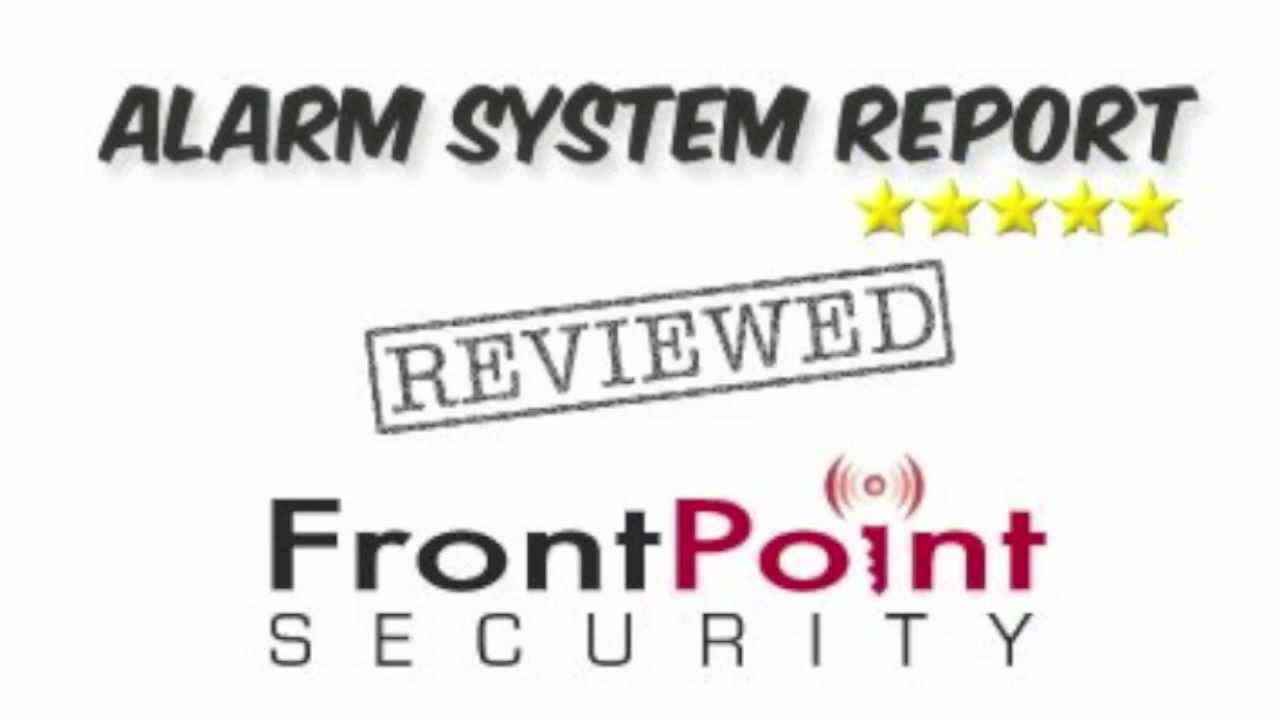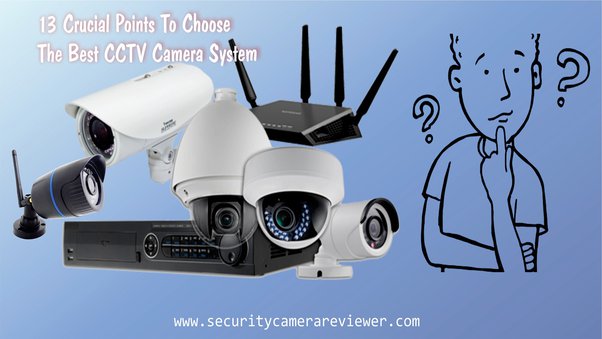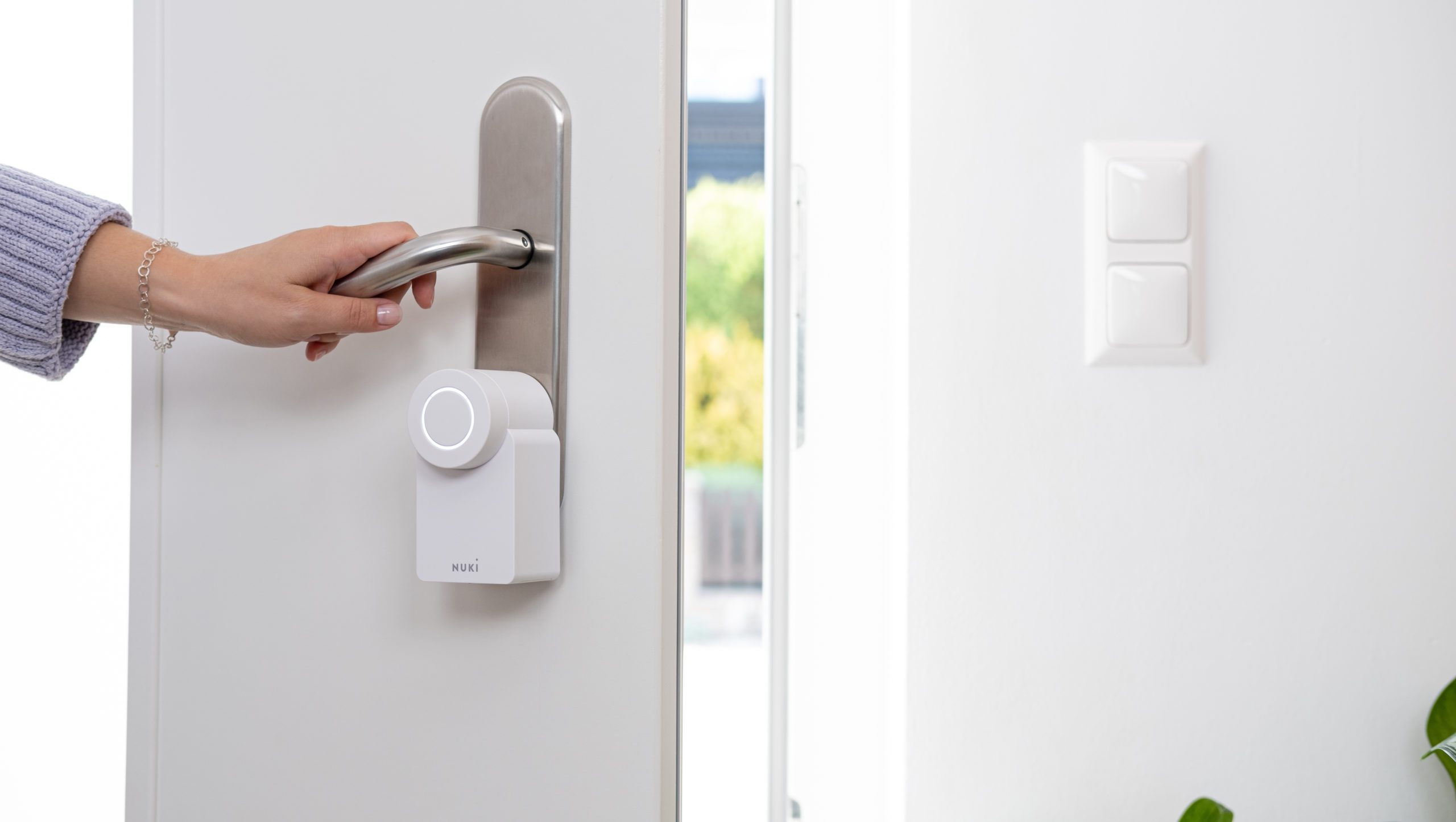
The Level Lock is a sleek and easy to install smart lock that works with Apple's HomeKit. It can connect directly to your smart device via Bluetooth LE. The Level app can be used to control the lock. The lock's state can be changed by a couple of quick toggles.
Level is suitable for installation in homes with standard, 1 3/4 inch thick doors. In addition to the standard deadbolt, it includes a deadbolt extender and a folio with access cards. A HomeKit hub (such as an Apple TV 4K/HomePod mini) is key to unlocking a Level lock.
The Level Lock is invisible and may be advantageous for renters. It costs $229 and is therefore quite costly. The product can only be used with an Apple iPad/iPhone. This can be an issue if you don't already have a HomePod or HomePod mini.

Level uses an interior locking motor and a 2-piece exterior keyhole. This allows for the combination of the convenience of standard deadbolts with a more robust design. There are many options available including polished brass or satin nickel. While the lock itself is not as attractive as other smart locks, it is more functional than other models.
Level Home allows for you to remotely control your lock, and even create automations in your home. You can also use the HomeKit QR code. These features allow you and your guests to share the lock and also check in from afar. The app will notify you if someone attempts to open your door while you are away.
Another feature is the Auto-Lock option, which automatically unlocks the door when it detects that you're away. To control the lock, you can use the Level app or Siri. You can also set a date and time when you want the lock to be available.
The Level smart lock comes at a high price, as you might expect. It costs $329 more than other Home Depot locks. The Level smart lock integrates with Apple devices and is easy to install.

Aside from its obvious visual appeal, a Level lock also offers a great level of security. It has a BHMA AAA rating. This rating is based upon its ability to withstand attempts at pulling the door open.
You will also receive a printed HomeKit pair code with your lock. This code is necessary as you will need it to activate the HomeKit feature. Although Level has made efforts to ensure that the lock is secure, there are a number of ways for thieves to break in.
Most consumer grade locks are easy to pick. The BHMA AAA rating does however not guarantee the same level of security. Some of the more sophisticated smart locks, such as the Schlage Encode Plus, are hard to find.
FAQ
What wireless security system can you buy that is best?
The best wireless security system I recommend is the D-Link Wireless Security System. It is the most affordable system available. All the features you want in one package. The package includes a camera, motion sensor and remote control. It is easy to connect it and follow the instructions.
What is the distinction between surveillance cameras and security cameras?
Surveillance cameras can be used for surveillance purposes while security cameras can be used for protection.
Both cameras have their pros and cons. There is one major difference between the two types of cameras: the type of images that they capture. Surveillance cameras record video with slow motion so that you can view what's happening right now. Security cameras however, record video but not still photos. These images can be viewed later.
Do I really require a home security system?
If you own a home, you definitely need a home security system. An intruder could enter your home at any moment without warning. They'll steal everything, even valuable electronics. They could even walk off with all your possessions if you don't lock your doors.
Home security systems help you protect your home and notify you when something is happening. This includes monitoring motion, sending you alerts to mobile devices, recording activity, as well as allowing access to recorded footage.
A simple DIY camera can be used if you don't want to spend money on a security system. These cameras let you see who is at your door and give you notification when they come or go. These devices won't prevent intruders from breaking into the home.
Which Home Security Systems Cannot be hacked?
This depends on what definition you use of hacking. Hacking refers only to the unauthorized use of computer systems, networks, data, and programs. Because they don't contain software that allows remote control, most home security systems can't be hacked. They do not allow anyone to enter your property without your consent.
If the home security system is connected to the Internet, however it can be hacked. These systems often require a password to be activated. This means that anyone can hack them if they know the right password.
What security system should I choose?
How valuable your home and personal belongings are will dictate the type of security system you choose. The cheapest alarm system, which doesn't offer enough protection, is the basic one. You can choose to get a more powerful alarm system with better features such as remote monitoring, access control, and video surveillance.
Statistics
- (In my experience, the discount on my home insurance covered about 25 percent of the subscription of an average plan, but your mileage may vary depending on your location and the size of your home.) (theverge.com)
- Related questionsHome security systems that are 100% DIY (safewise.com)
- Unlike other online safety services that charge up to 100 percent of your monthly fee, Cove charges no upfront fees and has no hidden costs.
- Cove sets you free without punishing penalties and fees, unlike other security solutions that charge 75% to 100% of your remaining contract. (safewise.com)
External Links
How To
What you should look for when choosing a Home Security Monitoring firm
There are many aspects to take into consideration when choosing a security monitoring company for your home. First, ensure that the person you are choosing is knowledgeable. Ask around and see if any others have used this provider. You should not use them if they don't have any recommendations. Ask friends and family members if they would recommend the company. This way you get honest feedback from people who actually use the services. You can also read customer reviews online. Check out their website and social media sites like Facebook and Twitter. Check out customer reviews and complaints. Look at any negative comments and try to find out why they were posted. This could be a sign that something has happened to a client.
The next step is to check references. You can also call past clients to ask how the service was received. How satisfied were they with the quality work? Everything went according to plan. Verify that the company you used was trustworthy and reliable. They didn't just give you a quote and disappear without finishing the job.
Next, find a licensed company and one that is insured. If anything happens to your property while on vacation, an insurance policy will pay for it. The best companies offer 24/7 emergency response services so that you won't have to worry about calling them during business hours.
Inquire about whether they offer free maintenance and installation. Companies may charge an additional fee for these services. That's because it takes time and money to maintain and install equipment. Some companies provide only basic monitoring services, which may not be sufficient for most homeowners.
Finally, make sure that the company's prices are reasonable. Paying too much for inferior products is not a good deal. When comparing different providers compare apples to apple. For example, one provider may charge $150 for basic monitoring and another provider may charge $200 for the exact same service. So, if you want to save money, you need to shop around.